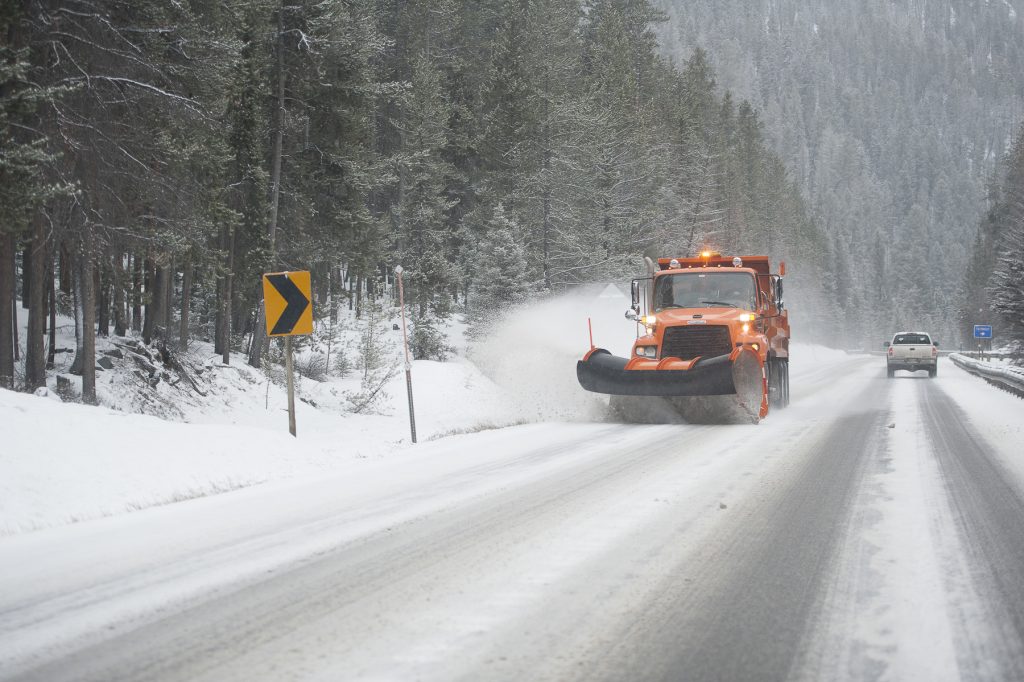Project Co-Led by Laura Fay Wins AASHTO Award
WTI is proud to announce that a National Center for Atmospheric Research (NCAR), WTI, and Aurora Pooled Fund study relating weather conditions and roadway friction measurements has received the High Value Research award from the American Association of State Highway and Transportation Officials (AASHTO). Led by NCAR’s Gerry Wiener, with WTI’s Cold Climate Operations & […]
RESEARCH NEWS: Winter is coming — What’s new in Cold Climate research?

Montana is not the only place concerned with keeping the roads clear and safe during the winter months. Over the last year, WTI’s Cold Climate Operations and Systems program has added a number of new projects with multi-state partnerships to improve the tools, resources, and staffing available to winter maintenance agencies. Roadway Friction Modeling: Improving […]
STUDENT NEWS: Gaining Research and Testing Experience in the Cold Climates Lab

The Cold Climate Operations and Systems program has new student support in the Lab! WTI is pleased to welcome Lura Johnson as an undergraduate lab technician, who will assist with various road deicing tests and materials. Working closely with Program Manager Laura Fay and Mat Bell, she is currently supporting the Ice Melting Capacity Test […]
